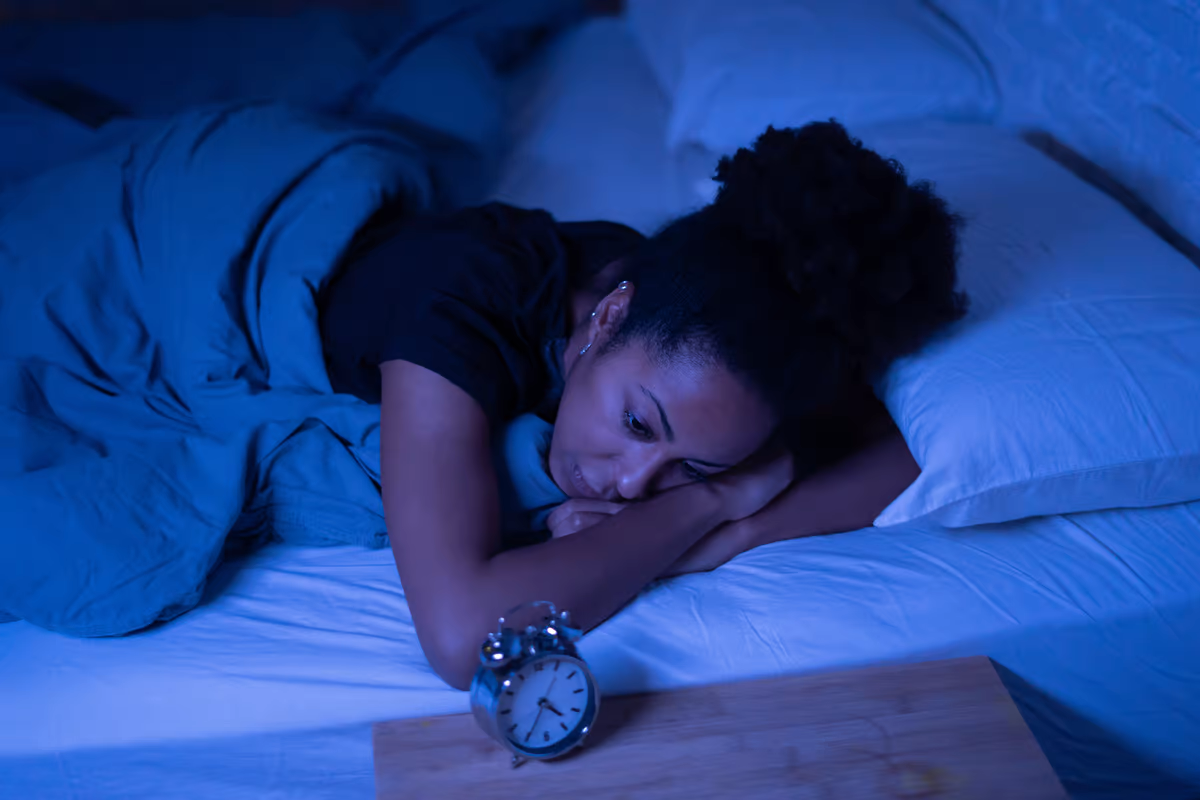Insomnia is a common sleep disorder that can disrupt daily life, impacting mood, energy levels, and overall health. While it can have various underlying causes, lifestyle changes often play a significant role in managing insomnia. Here, we explore effective strategies to promote better sleep and improve your quality of life.
Understanding Insomnia
Before diving into solutions, it’s essential to understand what insomnia is. It is typically characterized by difficulty falling asleep, staying asleep, or waking up too early and being unable to return to sleep. These patterns can lead to chronic fatigue, irritability, and difficulties concentrating. The causes of insomnia can range from stress and anxiety to medical conditions and poor sleep habits.
1. Establish a Consistent Sleep Schedule
One of the most effective ways to combat insomnia is to establish a regular sleep schedule. Going to bed and waking up at the same time every day, even on weekends, helps regulate your body’s internal clock. This consistency can make it easier to fall asleep and wake up feeling refreshed.
Tips:
- Set a bedtime that allows for at least 7-9 hours of sleep.
- Create a pre-sleep routine that signals to your body that it’s time to wind down.
- Avoid long naps during the day, as they can interfere with nighttime sleep.
2. Create a Relaxing Bedtime Routine
A calming pre-sleep routine can help signal to your body that it’s time to relax and prepare for sleep. Engaging in soothing activities can lower stress levels and promote a sense of calm.
Suggestions:
- Reading: Choose light, enjoyable reading material.
- Meditation or Deep Breathing: Spend a few minutes focusing on your breath or practicing mindfulness.
- Warm Bath: Taking a warm bath can relax your muscles and prepare your body for sleep.
3. Optimize Your Sleep Environment
The environment in which you sleep can greatly influence your ability to fall asleep and stay asleep. Creating a comfortable and conducive sleep space is vital.
Recommendations:
- Darkness: Use blackout curtains or an eye mask to block out light.
- Cool Temperature: Aim for a room temperature between 60-67°F (15-19°C), which is optimal for sleep.
- Noise Control: Consider using earplugs or a white noise machine to mask disruptive sounds.
4. Be Mindful of Food and Drink
What you consume can have a profound effect on your sleep patterns. Certain foods and beverages can either promote relaxation or lead to restlessness.
Considerations:
- Avoid Caffeine and Nicotine: These stimulants can interfere with your ability to fall asleep, so try to limit their intake, especially in the afternoon and evening.
- Limit Alcohol: While alcohol might make you feel drowsy initially, it can disrupt sleep cycles later in the night.
- Light Evening Snacks: If you’re hungry before bed, opt for a small snack that includes sleep-promoting nutrients, like a banana or a handful of nuts.
5. Incorporate Physical Activity
Regular physical activity can help improve sleep quality. Exercise releases endorphins and reduces stress, making it easier to relax at night. However, timing is crucial.
Guidelines:
- Aim for at least 30 minutes of moderate exercise most days of the week.
- Try to complete vigorous workouts earlier in the day; light stretching or yoga in the evening can be beneficial for relaxation.
6. Manage Stress and Anxiety
Stress and anxiety are significant contributors to insomnia. Finding effective ways to manage these emotions can greatly improve your sleep quality.
Techniques:
- Journaling: Writing down your thoughts can help clear your mind before bed.
- Mindfulness and Meditation: Regular practice can reduce anxiety levels and promote relaxation.
- Therapy: Cognitive-behavioral therapy (CBT) can help address negative thought patterns and behaviors contributing to insomnia.
7. Limit Screen Time Before Bed
The blue light emitted by phones, tablets, and computers can interfere with the production of melatonin, the hormone responsible for regulating sleep. Reducing screen time in the evening can help improve your sleep quality.
Suggestions:
- Aim to turn off screens at least 30-60 minutes before bedtime.
- Consider reading a physical book or engaging in a relaxing hobby instead.
8. Seek Professional Help When Needed
If you’ve tried these lifestyle changes and still struggle with insomnia, it may be time to seek professional help. A healthcare provider can help identify any underlying conditions contributing to your sleep issues and suggest appropriate treatments, including therapy or medication.
When to See a Doctor:
- Persistent insomnia lasting more than a month.
- Sleep disruptions caused by underlying medical or mental health conditions.
- Significant daytime impairment due to lack of sleep.
Conclusion
Managing insomnia often requires a multifaceted approach, and lifestyle changes can be incredibly effective. By establishing a consistent sleep schedule, creating a relaxing bedtime routine, optimizing your sleep environment, and being mindful of your diet and exercise, you can significantly improve your sleep quality. If lifestyle changes alone don’t help, consider reaching out to a healthcare professional for further assistance. Better sleep is within your reach!
